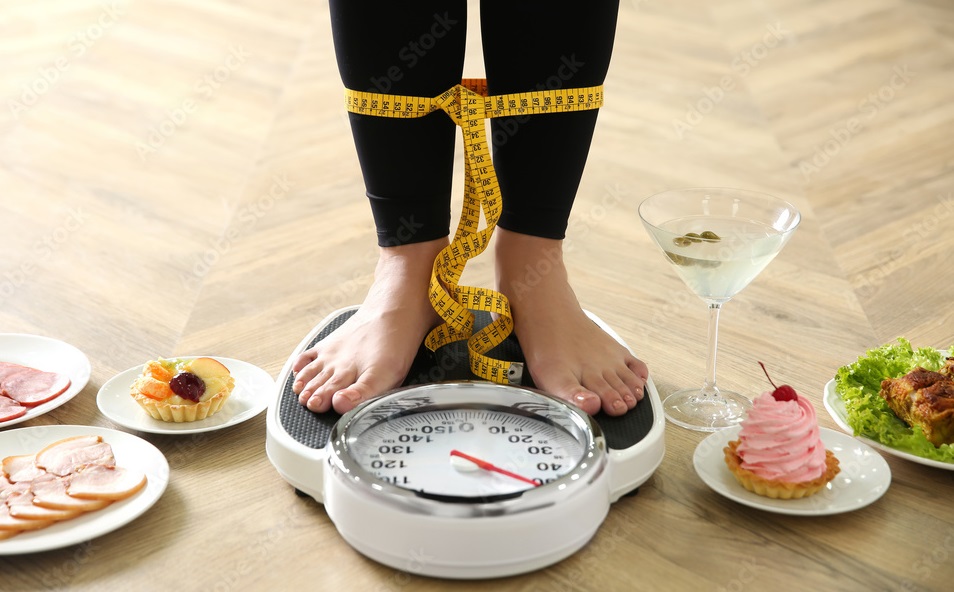If you’re on a quest for better health, you’ve probably heard that high-fiber foods are your best friend. They’re known for keeping things moving smoothly in your digestive system and making you feel full and satisfied. But here’s a question that might be on your mind: Can eating high-fiber foods actually lead to weight gain?
Understanding Dietary Fiber
First, let’s clarify what dietary fiber is. Dietary fiber is a type of carbohydrate found in plant-based foods that our bodies cannot digest. It passes through the digestive system relatively intact, providing bulk and aiding in the movement of waste through the gut.
There are two main types of fiber:
- Soluble Fiber: This dissolves in water and forms a gel-like substance. You’ll find it in foods like oats, beans, apples, and citrus fruits.
- Insoluble Fiber: This doesn’t dissolve and adds bulk to your stool. It’s found in whole grains, nuts, and vegetables.
Role of Fiber in Weight Management
Fiber is like a friend who always has your back when it comes to weight management. Here’s why:
- Keeps You Full: High-fiber foods fill you up, which can help you eat less overall. Who doesn’t love a meal that keeps hunger at bay?
- Slows Things Down: Fiber slows down digestion, which helps keep your blood sugar levels steady. No more sudden sugar crashes that make you reach for that extra snack.
- Low-Calorie, Big Impact: High-fiber foods usually have fewer calories for the same amount of food. So, you can eat a bigger portion without consuming too many calories.
Can High-Fiber Foods Cause Weight Gain?
While fiber itself is low in calories, it’s essential to consider the overall context of your diet. Here are a few scenarios where high-fiber foods might contribute to weight gain:
- Too Many Calories: If you’re adding high-fiber foods to an already high-calorie diet, you might end up gaining weight. For example, nuts are high in fiber but also high in calories. Eating too many of them could push you over your calorie limit.
- Sneaky “Healthy” Foods: Some high-fiber foods are processed and come with added sugars and fats. Always check the labels to make sure your “healthy” snacks aren’t secretly packing extra calories.
- Overeating: Even with high-fiber foods, portion control is crucial. Eating too much of anything can lead to weight gain.
The Takeaway
High-fiber foods aren’t likely to cause weight gain on their own. In fact, they’re fantastic for keeping you full and helping with weight management, as long as they’re part of a balanced diet. The trick is to focus on whole, unprocessed foods and be mindful of portion sizes and overall calorie intake.
Tips for Adding Fiber to Your Diet
- Ease Into It: Increase your fiber intake gradually to avoid any digestive discomfort.
- Stay Hydrated: Drink plenty of water to help fiber do its job.
- Mix It Up: Include a variety of fiber-rich foods to get a broad range of nutrients.
- Read the Labels: Opt for whole foods and watch out for added sugars and fats in processed options.
So go ahead and enjoy your fiber-rich foods. They’re here to support your health and help you stay on track with your weight goals. It’s all about balance and making smart choices. Happy eating!
Also Read:
